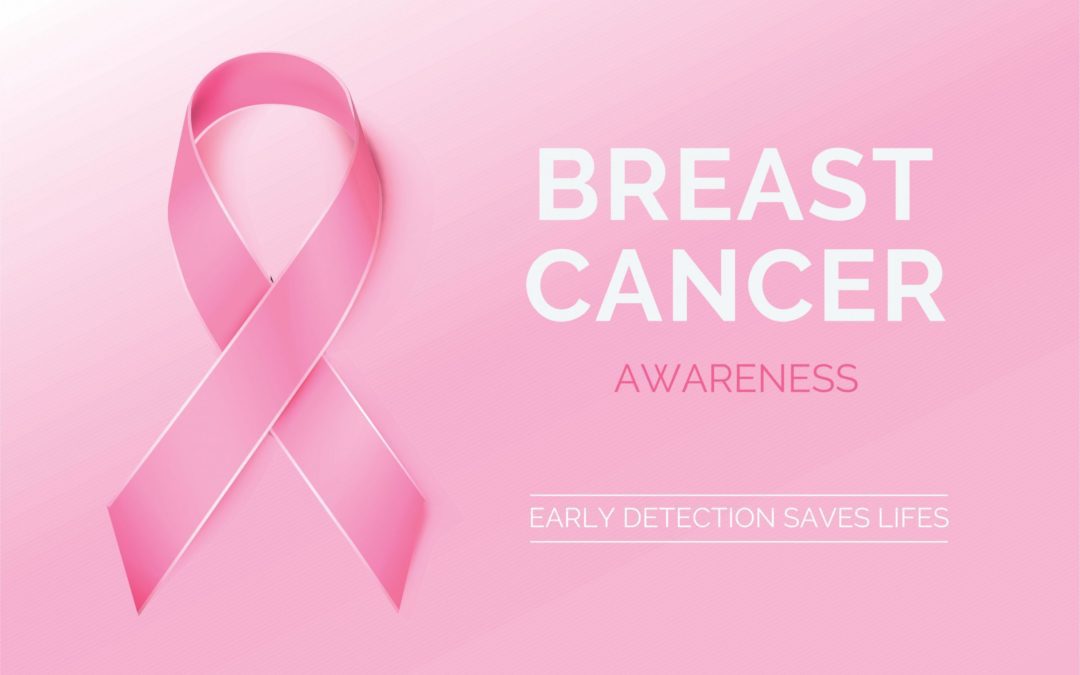Breast cancer is a commonly diagnosed and effective form of cancer among women in Malaysia. It affects many women each year, making it a prevalent health concern in the country. Early detection and timely treatment are of paramount importance in improving outcomes and increasing the chances of survival for those affected.
In this article, you will delve into the topic of breast cancer in Malaysia, shedding light on its prevalence, impact, and importance of awareness and proactive measures for early detection and effective management and treatment. By understanding breast cancer in the Malaysian context, you will be able to work towards reducing its impact and improving the overall well-being of women in the country.

Types of Breast Cancer
Breast cancer encompasses various types, including ductal carcinoma in situ (DCIS), invasive ductal carcinoma, invasive lobular carcinoma, and inflammatory breast cancer. Each type requires specific treatment strategies to combat the disease effectively.
Common Symptoms
Recognizing the symptoms of breast cancer is crucial for early intervention. Symptoms may include breast or underarm lumps, changes in breast size or shape, nipple discharge, and skin changes such as redness or dimpling. Promptly reporting any concerning symptoms to a healthcare professional is essential.

Diagnosis Methods
Diagnosing breast cancer involves a combination of imaging tests such as mammography, ultrasound, and magnetic resonance imaging (MRI), along with a biopsy for confirmation. Biopsies involve the removal of a tissue sample for analysis by a pathologist to determine the presence of cancer cells.
While this type of cancer is a rare childhood cancer, it is still possible for kids to get lumps in their breasts and it should be checked by specialists early on.
Causes and Risk Factors
While the exact causes of breast cancer remain unclear, certain risk factors increase its likelihood. These include age, family history, hormonal factors, obesity, and a sedentary lifestyle. Understanding these risk factors helps individuals make informed choices to reduce their chances of developing breast cancer.
Treatment Options From Medical Centers
Breast cancer treatment depends on factors such as the patient’s stage, type, and overall health. Treatment modalities include surgery, radiation therapy, chemotherapy, hormonal therapy, and targeted therapy. Surgeons may have to do surgeries to remove cancer cells in the early stage or prevent them from spreading from different organs of the body. Specialized medical centers in Malaysia offer comprehensive treatment options tailored to each patient’s needs.
Importance of Seeking Medical Experts
Receiving care from experienced medical professionals specializing in breast cancer is vital for optimal outcomes. These professionals include doctors in oncology, radiology, and pathology. Specialized centers offer advanced technologies and comprehensive support services for patients throughout their treatment journey.
Aside from this specific type of cancer, there are other types that are equally life-threatening. One of which is Colorectal cancer. It is a type of cancer that affects the colon or rectum, which are parts of the digestive system. It typically begins as a growth of abnormal cells called polyps in the lining of the colon or rectum. Over time, these polyps can develop into cancerous tumours if left untreated. Colorectal cancer can cause various symptoms, including changes in bowel habits, rectal bleeding, abdominal pain, and unexplained weight loss. Early detection through screenings and prompt medical intervention is crucial for improving treatment outcomes and survival rates.
Another type of cancer is lung cancer. It is a type of cancer that begins in the lungs. It occurs when abnormal cells in the lungs divide and grow uncontrollably, forming tumours. Lung cancer can cause symptoms such as persistent cough, chest pain, shortness of breath, and unexplained weight loss.
Finally, nasopharyngeal cancer, also known as nasopharyngeal carcinoma (NPC), is a type of cancer that originates in the nasopharynx, the upper part of the throat behind the nose. It typically arises from the cells lining the nasopharynx and can spread to nearby lymph nodes and other distant parts of the body. Nasopharyngeal cancer may cause symptoms such as a blocked nose, nosebleeds, hearing loss, and neck swelling.
Early detection and timely treatment are crucial in combating breast cancer in Malaysia. By understanding the various types, recognizing symptoms, and promptly seeking expert medical care, individuals can improve their chances of successful outcomes. Additionally, adopting a healthy lifestyle and regular screenings contribute to the prevention and early detection of breast cancer.
